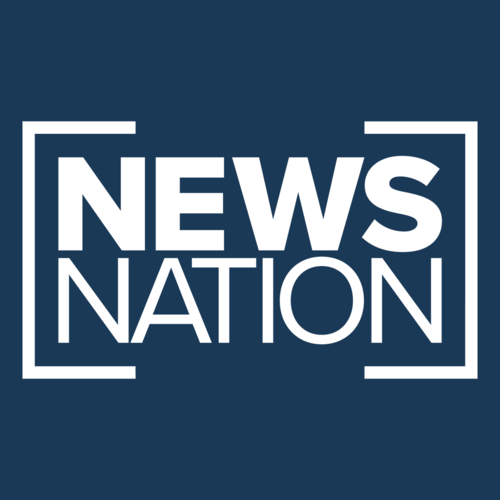TV ratings and traffic to news websites are significantly down in recent years, coinciding with recent polls showing most Americans believe the media is biased. Now, someone within the media is blowing the whistle on what he says is bias at his own employer — NPR.
Uri Berliner, a senior reporter at NPR, published a piece for the Free Press titled “I’ve been at NPR for 25 years. Here’s how we lost America’s trust.”
The piece published without NPR’s knowledge.
“An open-minded spirit no longer exists within NPR,” Berliner said. “And now, predictably, we don’t have an audience that reflects America.”
He went on to say the 2016 election exacerbated the issue.
“Like many unfortunate things, the rise of advocacy took off with Donald Trump,” Berliner said. “As in many newsrooms, his election in 2016 was greeted at NPR with a mixture of disbelief, anger, and despair. (Just to note, I eagerly voted against Trump twice but felt we were obliged to cover him fairly.) But what began as tough, straightforward coverage of a belligerent, truth-impaired president veered toward efforts to damage or topple Trump’s presidency.”
Berliner’s 2,000-word article did not holding back against his current employer and how he believes NPR has lost “viewpoint diversity.” He said he believed lack of viewpoint diversity is why NPR lost viewership, revenue and trust in recent years.
Certain polls back some of Berliner’s grievances. A Harris Poll conducted this year shows three out of every 10 listeners found NPR to be “trustworthy.”
NPR responded to the criticism from within its own newsroom, and NPR’s Editor-in-Chief Edith Chapin released a statement.
“I and my colleagues on the leadership team strongly disagree with Uri’s assessment of the quality of our journalism and the integrity of our newsroom processes,” Chapin said. “We’re proud to stand behind the exceptional work that our desks and shows do to cover a wide range of challenging stories.”
While NPR’s editor-in-chief said the news they report meets the “highest editorial standards,” there are media watchdogs that rate a news organization’s bias.
Those watchdogs periodically sample news stories from a news outlet and then rate them based on whether their coverage, wording, or story selection has a left-leaning or right-leaning bias, or if their reporting is fair and down the middle.
AllSides is one of those media watchdogs.
On its bias meter, NPR leans left, which aligns with some of the points Berliner made in his op-ed.
However, compared to other news outlets, like MSNBC, NPR is not as left-leaning as others.
AllSides rates MSNBC as a far-left news outlet.
On the other end of the spectrum, AllSides also rates news organizations for having a right-wing bias, such as Fox News.
The bias meter gives an audience an idea of what sort of news they will be consuming from a given outlet.
Berliner cited a recent survey in his article that shows NPR attracts a more liberal crowd. Only 11% of their listeners say they are conservative while 67% say they are liberal. This is a drastic change from 2011, when 26% of listeners were conservative and 37% were liberal.
